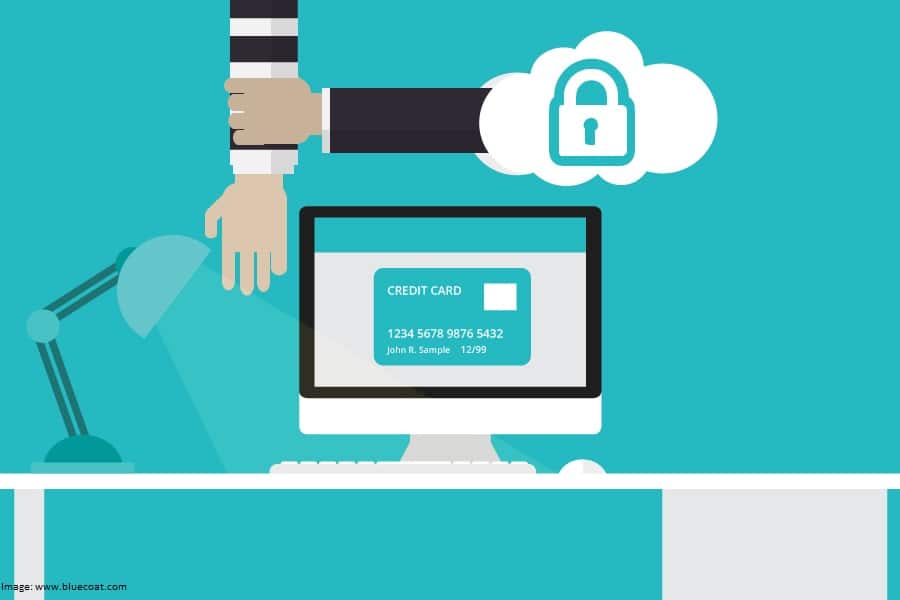8 tips for gaining watertight security online
The World Wide Web presents huge business opportunities and benefits, but it also brings risks. Whether you have a website, online accounts or any Web-based infrastructure, you are at risk at coming under a cyber-attack.
Typically the public will only hear about attacks against high-profile companies or banks and government websites. However, small businesses make prime targets for cyber-criminals as often they have the least-protected websites, accounts and network systems, making them easy pickings for the opportunist cyber-criminal.
According to figures recently released by gov.uk the average cost of the worst breach is between £65,000 to £115,000. Having a good cyber security plan in place won’t just help protect your cash flow though – it will also protect your customer data and your reputation.
In this blog we’ve outlined 8 steps to follow to help ensure the safety of your business online.
- Understand the risks to your business
Your money, information and IT infrastructure are directly at risk. ‘Information’ can take many forms – from your customer’s financial details to product designs or manufacturing processes. Criminals hell-bent on disrupting your business aren’t the only people who can pose a threat either. Current or former employees or business competitors looking to gain economic advantage are just as likely to maliciously target your business.
- Plan ahead
Once you’ve understood what’s at risk and where an attack can come from next you must address how you plan on tackling the threat should one occur. Only by answering all of these questions can you rest easy safe in the knowledge you’ve thought everything through. Some of these questions might be ‘How will you deal with an attack and concentrate on getting back to business?’ And ‘Do my staff know what good practice looks like?’
- Use strong passwords
Let’s face it. Having ‘password’ as your password just doesn’t cut it anymore. Use a diverse range of characters. Ideally change your passwords every couple of months and try not to share them with others. In our experience, the longest passwords are the strongest, so sentences featuring punctuation works particularly well.
- Delete suspicious emails
Countless phishing emails are sent every day across the globe with many people falling for them and sharing personal information. Think again before clicking any links and treat any unsolicited emails with suspicion.
- Use anti-virus software
Security software companies sweat and toil day and night to develop their products so they keep up with new potential threats that could cause harm. Make sure your firewall and antivirus is up to date and up to scratch, as this should really be your first line of defence against malicious activity.
- Train your staff
Training employees is a crucial element of security. Staff need to understand the value of protecting customer and colleague information and their role in keeping it safe. Not only that, they’ll also need a basic grounding in other risks and how to make good judgments online.
- Consult information sources online
There are a number of sources online that can help you and your staff gain a better understanding of online security like https://www.cyberaware.gov.uk and https://www.getsafeonline.org/businesses for example. Both sites explore critical areas of online security like how to protect yourself against fraud, identify theft and viruses.
- Do business in the cloud
Cloud storage servers use multiple security layers that help protect stored data, while things like encryption IDs are used for even more security. Plus, if a virus happens to wipe out a computer, the cloud data remains safe from infection.
KashFlow is accounting software that’s ‘cloud hosted’ which means that your information is not just secure but it means you can use it wherever you have internet access.
If your computer goes kaput the accounting data for your business is safe as it’s hosted on our secure servers. And because KashFlow is online, there’s no download required – you just need to register to get started to use KashFlow for a free 14 day trial period.
If you’d like to see KashFlow can help reduce stress and allow your business to plan ahead just call our onboarding team on 0844 815 5779 and ask for a free 1-2-1 demo.


